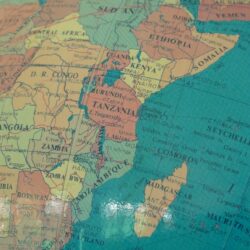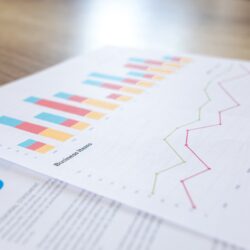
Mpiyakhe Dhlamini
Mpiyakhe Dhlamini is a libertarian, writer, programmer and an associate of the Free Market Foundation.
- Total Post (51)
- Comments (26)
Articles By This Author

Government is aiding consumption of capital stock
- By Mpiyakhe Dhlamini
- . Aug 21, 2024
Former President Jacob Zuma’s MK Party was undoubtedly the star performer of this year’s elections. The previous benchmarks set by new parties like COPE (7.42%),

The AfCFTA investment protocol is meaningless if investors can’t enforce it against Governments
- By Mpiyakhe Dhlamini
- . Apr 12, 2024
While colonialism may explain why Africa was underdeveloped up to the point of independence, it offers an inadequate explanation of why Africa is still poor

Mashonishas – loan sharks South African-style
- By Mpiyakhe Dhlamini
- . Oct 21, 2023
South Africans are governed in a way that implies they should seek permission rather than assuming that anything that is not violent is allowed. There

US dollar has proven itself
- By Mpiyakhe Dhlamini
- . Sep 9, 2023
The BRICS summit has ended, and as expected, all the talk about a BRICS currency to challenge the US dollar has come to nothing. What

Treasure South Africa’s institutions
- By Mpiyakhe Dhlamini
- . Aug 5, 2023
Amid the noise from the Red Berets’ children’s party last weekend and the coup in Niger: two seemingly unrelated events, the question in my mind

What developments in US politics mean for South Africa
- By Mpiyakhe Dhlamini
- . Jul 8, 2023
Something interesting is happening in the United States. There are some signs that the present political situation could be the peak of the worst for

Winter has come – here’s what South Africa should do about it
- By Mpiyakhe Dhlamini
- . Jun 17, 2023
South Africa is facing a serious challenge. The European Union (EU), one of our main and most important trading partners, is moving towards making the

Liberals must be activists
- By Mpiyakhe Dhlamini
- . Jun 10, 2023
Liberals and libertarians have to become more activist about their beliefs and this does not mean the type of activism typically seen on the left,

How to get South Africa moving
- By Mpiyakhe Dhlamini
- . May 6, 2023
South Africa should pursue two sets of objectives in order to sustainably solve poverty and grow the national wealth. The first should be a policy

Let the market set interest rates
- By Mpiyakhe Dhlamini
- . Apr 1, 2023
The world is currently facing a banking crisis reminiscent of the 2008 global financial crisis –although policymakers are reluctant to draw the comparison. This comes
